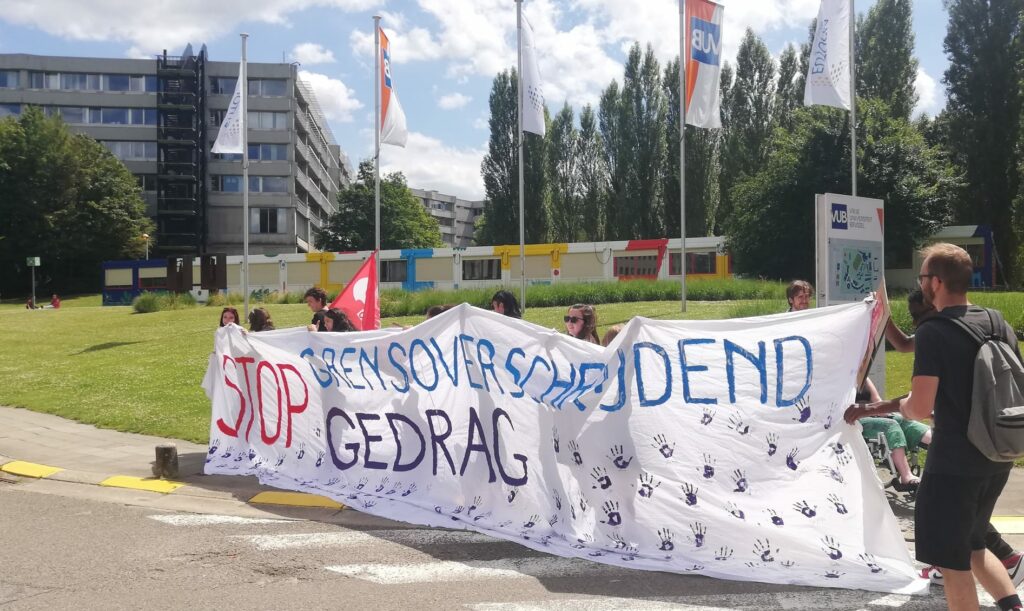From Brussels to Ghent and Leuven, Dutch-speaking universities in the country have faced allegations of sexual misconduct within their ranks, and have been repeatedly criticised for their lack of response. For students, enough is enough.
In light of the most recent scandal — it was revealed a KU Leuven professor who had a history of sexually harassing and was even under investigation for rape of a student continued teaching even though the university was aware of his misconduct — the Flemish Association of Students (VVS) has called for a culture change, with more open and transparent communication to regain students' trust.
VVS' President Julien De Wit lamented the fact that KU Leuven only communicated its response and handling of the incident on Sunday despite the professor being convicted on Thursday last week. "Again, in the past few days, we initially saw reluctant communication," he said.
"By now, after all these cases of such behaviour, surely it is clear that open and transparent communication about these incidents at the college or university is more necessary than ever? Only in this way will we also enable an open reporting culture and ensure that cross-border behaviour is stopped in time," he added.
'Consequence culture
Last academic year, various Dutch-speaking universities came under fire for neglecting victims in their failure to correctly respond to and communicate about sexual misconduct carried out by professors or students.
Recognising that such behaviour continues to be an occurring problem within higher education institutions, the association called for a zero-tolerance policy when it comes to sexual misconduct at the beginning of this academic year. It has now reiterated this plea, adding that a clear "consequence culture" is needed, in which perpetrators are held accountable.
"In doing so, the debate should not get bogged down in a back-and-forth palaver about procedures. We must ask ourselves to what extent certain power relations open the door to cross-border behaviour," said De Wit.
Related News
- KU Leuven keeps on professor despite knowing about student rape
- VUB files complaint following 'far-reaching sexual misconduct' at student association
The VVS will call for this and the need to place the interests of victims first during a hearing, organised by the higher education umbrellas to draw up a plan of action upon the request of the region's Education Minister Ben Weyts.
It will also plead for an external hotline where victims can report incidents in complete anonymity to be created in addition to institutions' own internal hotlines, so they can make their own choice between the two based on trust.

